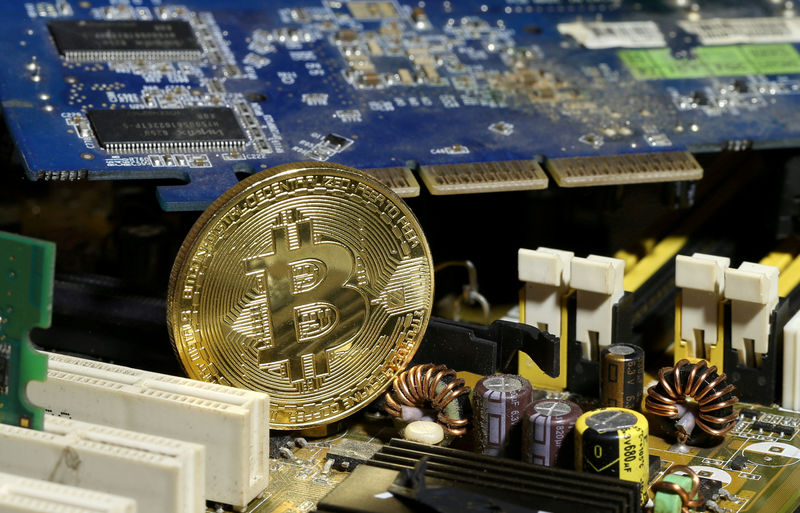U.Today – A historic statement from Bitcoin‘s pseudonymous creator, Satoshi Nakamoto, has recently surfaced, provoking reflection on the cryptocurrency’s price history.In a tweet, Alex Thorn, Head of Research at Galaxy Digital (TSX:GLXY), shared a statement believed to have been made by Satoshi in January 2009: “It might make sense just to get some in case it catches on.” Thorn’s post comes at a time when the cryptocurrency world is commemorating Bitcoin’s 16th anniversary.On Jan. 3, 2009, Satoshi Nakamoto mined Bitcoin’s genesis block, commonly known as Block 0. This initial block contained an iconic message embedded in its code: “The Times 03/Jan/2009 Chancellor on brink of second bailout for banks,” referring to a headline in The Times published the same day.Although the Bitcoin whitepaper was released Oct. 31, 2008, many consider Jan. 3, 2009, to be the cryptocurrency’s birthday.In the last 24 hours, celebratory messages have poured in across the crypto community from major crypto exchanges, Bitcoin enthusiasts and prominent crypto figures to mark Bitcoin’s 16th birthday.
From $0 to $100,000
Thorn shared an image that showed the Bitcoin price on Genesis Block Day since inception. This highlighted Bitcoin’s rise over the years, with its price skyrocketing from $0 to thousands of dollars.At its inception on Jan. 3, 2009, Bitcoin had no monetary value and was virtually worthless, going for $0.00. Fast forward to Jan. 3, 2025, and Bitcoin’s value traded at an impressive $96,547.
To many in the crypto space, Satoshi’s statement to “get some in case it catches on” has proven to be prophetic. Over the past 16 years, Bitcoin has not only caught on but has also become a cornerstone of the cryptocurrency market.At the time of writing, Bitcoin was trading at $98,208, having reached an all-time high of $108,268 on Dec. 17, 2024. Bitcoin has a current market valuation of $1.93 trillion, having touched $2 trillion last December.
This article was originally published on U.Today



